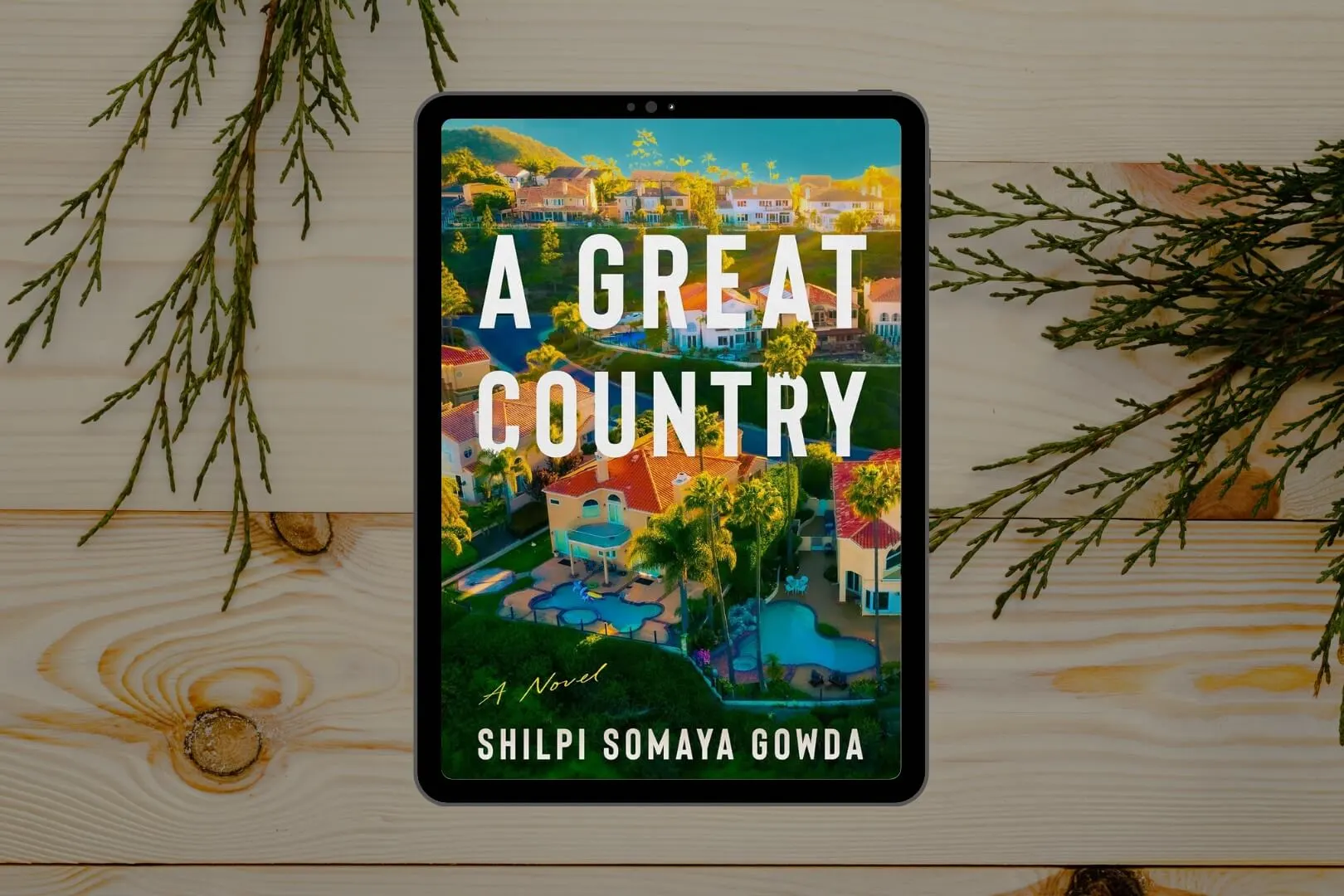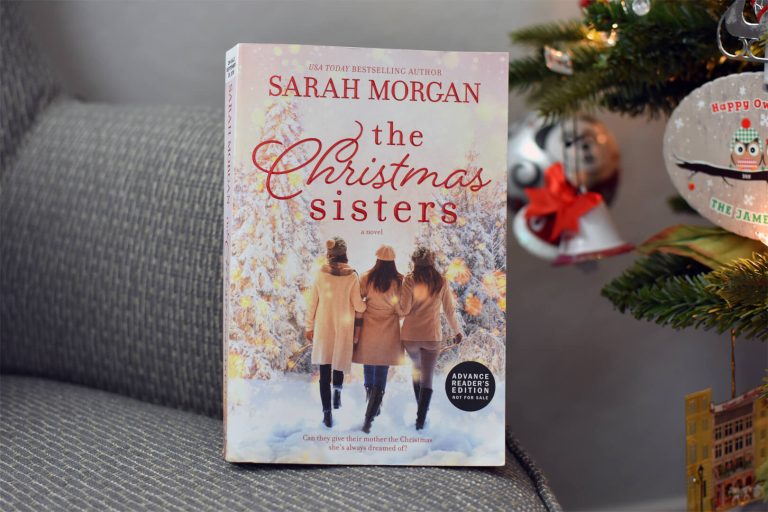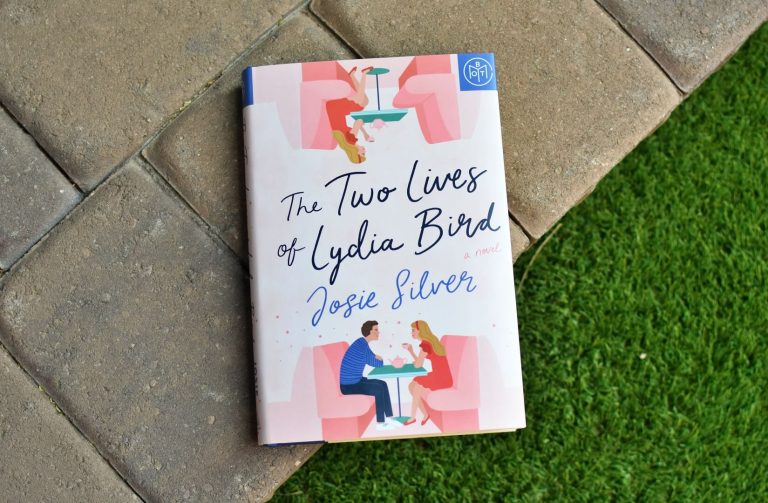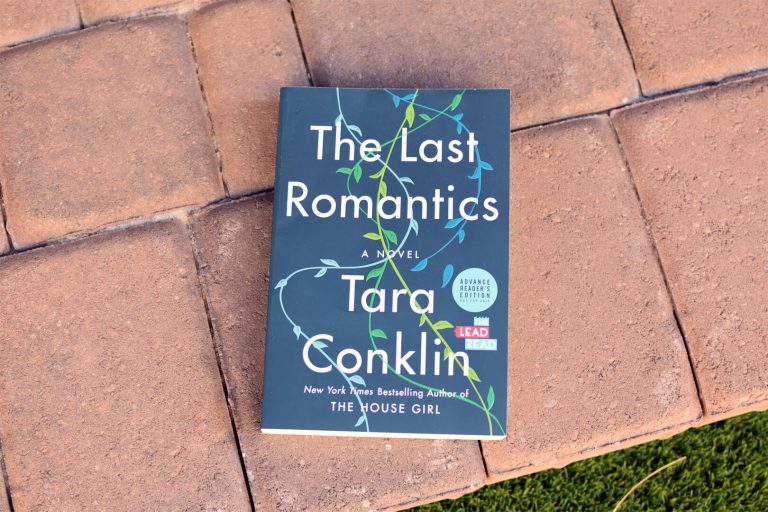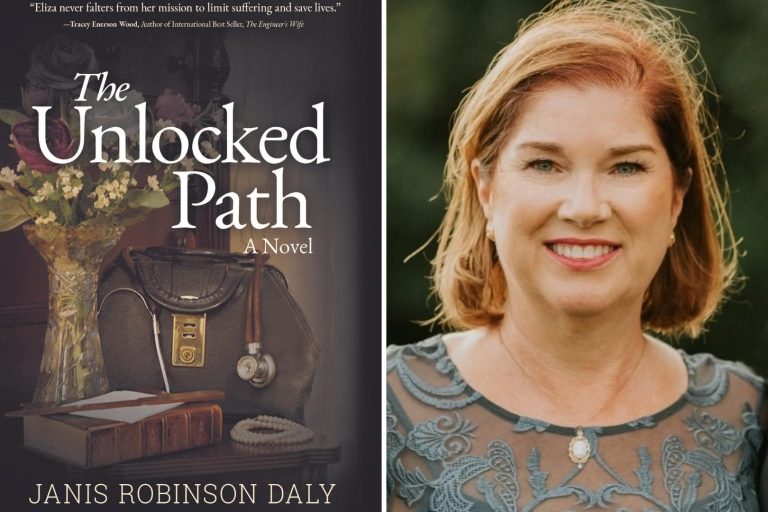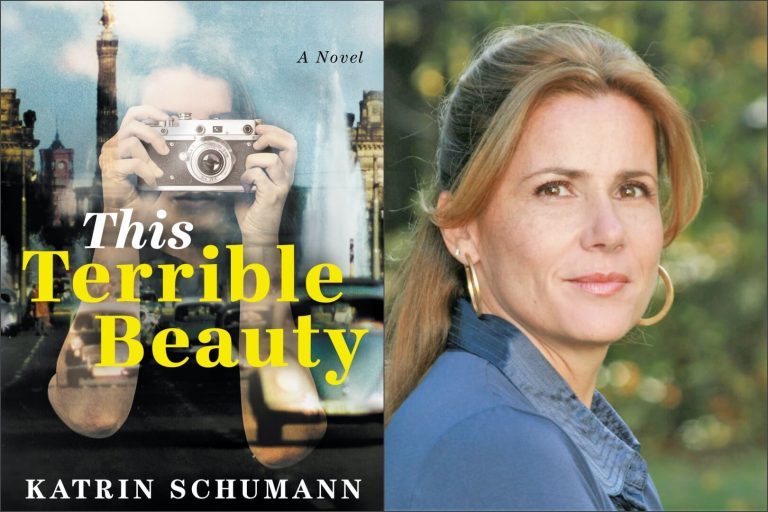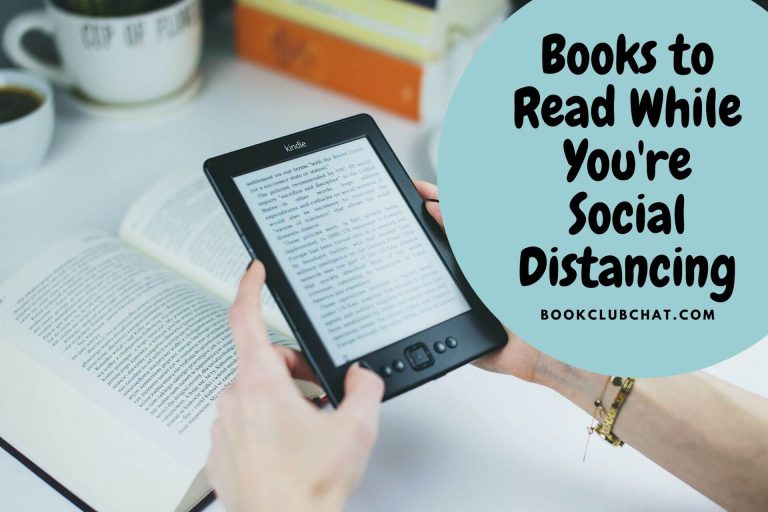This post contains links to products that I may receive compensation from at no additional cost to you. View my Affiliate Disclosure page here.
Book club questions for A Great Country by Shilpi Somaya Gowda covers all the major themes and topics in this engaging literary fiction novel. There will be spoilers so for more context about the book, check out my spoiler-free review first.
What a great novel! I thought each character felt real and vivid. The topic of social justice was covered in a way not always presented and in doing so, allows for much thought-provoking discussion.
Let me know your thoughts about the book below!
The Synopsis
Pacific Hills, California: Gated communities, ocean views, well-tended lawns, serene pools, and now the new home of the Shah family. For the Shah parents, who came to America twenty years earlier with little more than an education and their new marriage, this move represents the culmination of years of hard work and dreaming. For their children, born and raised in America, success is not so simple.
For the most part, these differences among the five members of the Shah family are minor irritants, arguments between parents and children, older and younger siblings. But one Saturday night, the twelve-year-old son is arrested. The fallout from that event will shake each family member’s perception of themselves as individuals, as community members, as Americans, and will lead each to consider: how do we define success? At what cost comes ambition? And what is our role and responsibility in the cultural mosaic of modern America?
Book Club Questions for A Great Country
- What is the meaning behind the book’s title, A Great Country?
- The novel covers the idea, and also, the myth of the ‘model minority.’ What is your viewpoint on this topic?
- Why did Ashok push so hard for his family to live in Pacific Hills, California? What did he hope to achieve with this move?
- Ashok and Priya came to America 20 years ago in search of the American Dream. What does the American Dream mean to people today? Is it still obtainable?
- How do you define success?
- Race relations is covered quite a bit in this novel. While their daughter, Deepa, is involved in social justice issues, her parents shy away from it and don’t feel a kinship with other minorities. What were your thoughts as you read both perspectives? When did this mindset start to change for Priya?
- On the same note, why do you think Deepa took up this causes? Why do her parents see her as the ‘difficult’ one?
- Everything changes for the family when the son, Ajay, is brutally beaten by a police officer and then taken into custody. What were your thoughts as you read all of this unfold?
- While the police thought he was an adult, Ajay is still a child, and he appears to have undiagnosed Autism. Why didn’t his parents seek help and therapy for Ajay when was younger? How might have that changed the outcome of that night?
- Maya tries to blend in with the majority white crowd, even shoplifts to keep up with appearances. Let’s talk about Maya and her complicated journey.
- When did it become apparent that this move turned into a nightmare for the family?
- Eventually, all chargers are dropped against Ajay. But still the police never apologized and the entire family is left with lasting damage. Let’s talk about the press conference where Priya speaks about this truth.
- Why was moving back to Irvine the right move for the family? What happens next for everyone?
Additional Recommendations
Hope you enjoyed book club questions for A Great Country! Here are some more recommendations along with links to book club questions.
Happiness Falls by Angie Kim
For another family drama, consider Happiness Falls by Angie Kim. Check out my book club questions here.
“We didn’t call the police right away.” Those are the electric first words of this extraordinary novel about a biracial Korean American family in Virginia whose lives are upended when their beloved father and husband goes missing.
Mia, the irreverent, hyperanalytical twenty-year-old daughter, has an explanation for everything—which is why she isn’t initially concerned when her father and younger brother Eugene don’t return from a walk in a nearby park. They must have lost their phone. Or stopped for an errand somewhere. But by the time Mia’s brother runs through the front door bloody and alone, it becomes clear that the father in this tight-knit family is missing and the only witness is Eugene, who has the rare genetic condition Angelman syndrome and cannot speak.
What follows is both a ticking-clock investigation into the whereabouts of a father and an emotionally rich portrait of a family whose most personal secrets just may be at the heart of his disappearance.
Our Missing Hearts by Celeste Ng
Another impactful story about the relationship between mother and son is Our Missing Hearts by Celeste Ng. Check out my book club questions here.
Twelve-year-old Bird Gardner lives a quiet existence with his loving father, a former linguist who now shelves books in a university library. His mother Margaret, a Chinese American poet, left without a trace when he was nine years old. He doesn’t know what happened to her—only that her books have been banned—and he resents that she cared more about her work than about him.
Then one day, Bird receives a mysterious letter containing only a cryptic drawing, and soon he is pulled into a quest to find her. His journey will take him back to the many folktales she poured into his head as a child, through the ranks of an underground network of heroic librarians, and finally to New York City, where he will finally learn the truth about what happened to his mother, and what the future holds for them both.
Our Missing Hearts is an old story made new, of the ways supposedly civilized communities can ignore the most searing injustice. It’s about the lessons and legacies we pass on to our children, and the power of art to create change.
Happy reading!
